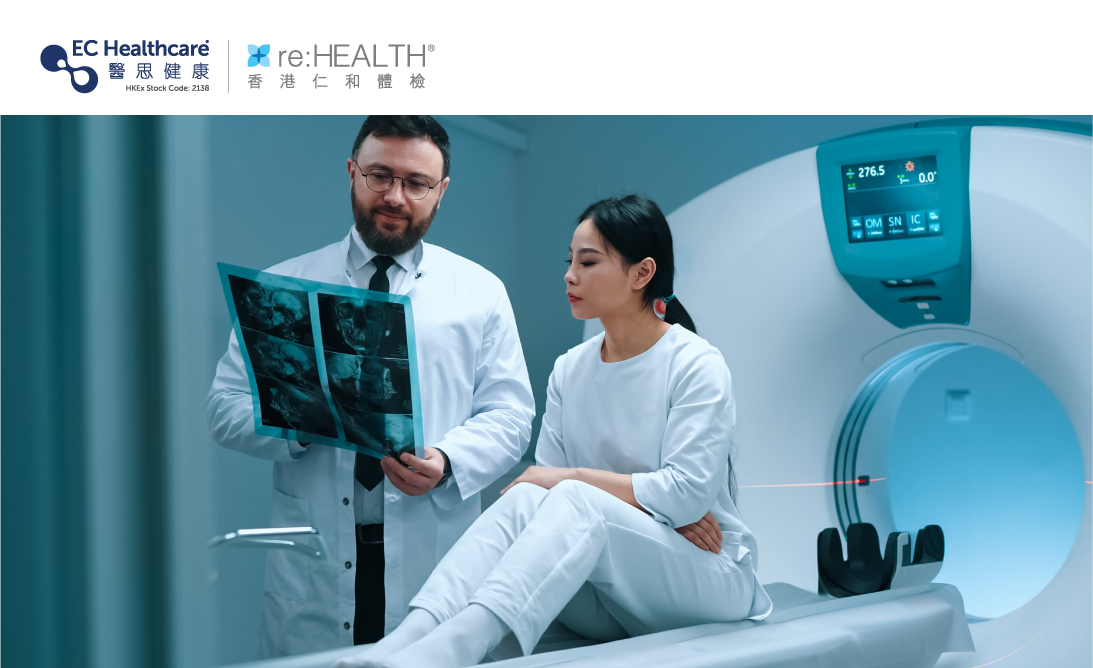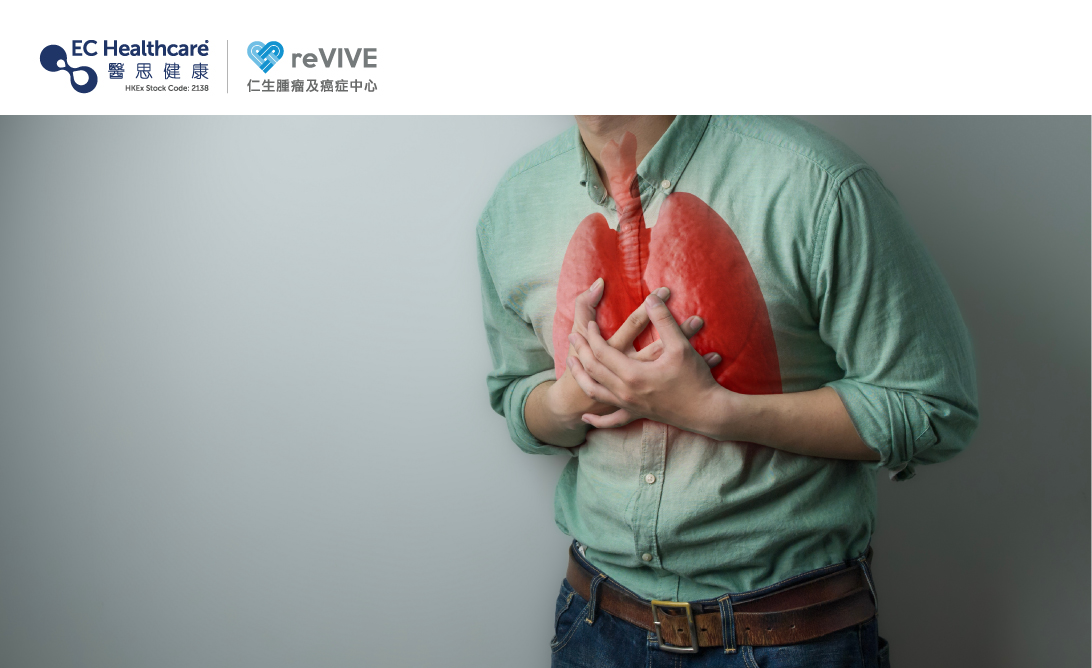Difficulty Swallowing Turns Out to be Advanced Esophageal Cancer


If you notice that a family member occasionally struggles to eat, with a feeling of food getting stuck in the throat and significant weight loss, it is crucial to act promptly and seek medical attention. This could be a sign of esophageal cancer, possibly even in its advanced stages.

Two Prominent Symptoms of Esophageal Cancer
The causes of esophageal cancer remain uncertain, although medical professionals estimate a correlation with long-term smoking, heavy alcohol consumption, and frequent intake of hot foods. There are two prominent symptoms of esophageal cancer to watch for:
1. Unexplained Weight Loss:
If you experience significant weight loss of 20 pounds or more within a short period of time without any apparent reason, it is important to take note.
2. Difficulty Swallowing:
The presence of a tumor often obstructs the esophagus, leading to a reduction of its diameter by half or more. If you experience any difficulty swallowing, it is essential to seek medical attention promptly.
Other potential symptoms to watch for include: chest pain or discomfort during eating, a sensation of pressure or burning in the chest, indigestion, chronic cough, hoarseness, and foul-smelling breath. These symptoms may worsen as the tumor grows progressively.
Higher Mortality Rate of Esophageal Cancer
Although the cure rate for stage I esophageal cancer can reach up to 80%, patients often discover the disease in the intermediate to advanced stages. Additionally, over half of the patients experience recurrence within two years after surgery. Consequently, esophageal cancer has a relatively higher mortality rate compared to other types of cancer. According to data from the Department of Health, it caused 299 deaths in 2021, ranking as the tenth deadliest cancer in Hong Kong.
Treatment and Prevention of Esophageal Cancer
Treatment options for esophageal cancer include surgical resection, radiation therapy, chemotherapy, immunotherapy, and more. The most suitable treatment plan is determined by the physician based on the individual patient's condition. In addition, it is important to improve our lifestyle habits in daily life to prevent esophageal cancer. This includes avoiding smoking and excessive alcohol consumption, minimizing the intake of processed and grilled foods, avoiding excessively hot food, and incorporating a diet rich in fruits and vegetables as preventive measures against esophageal cancer.
Related Brands



